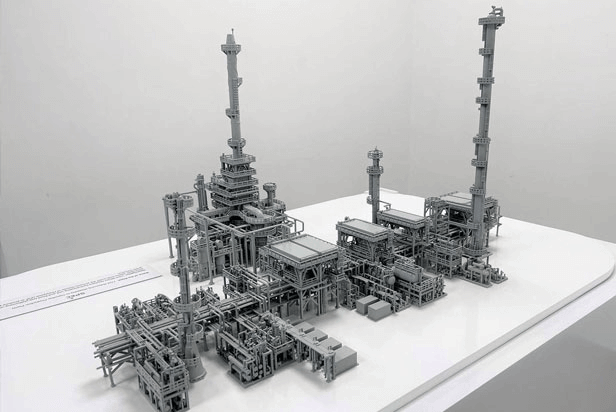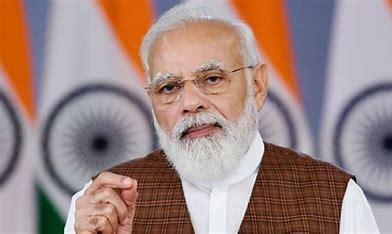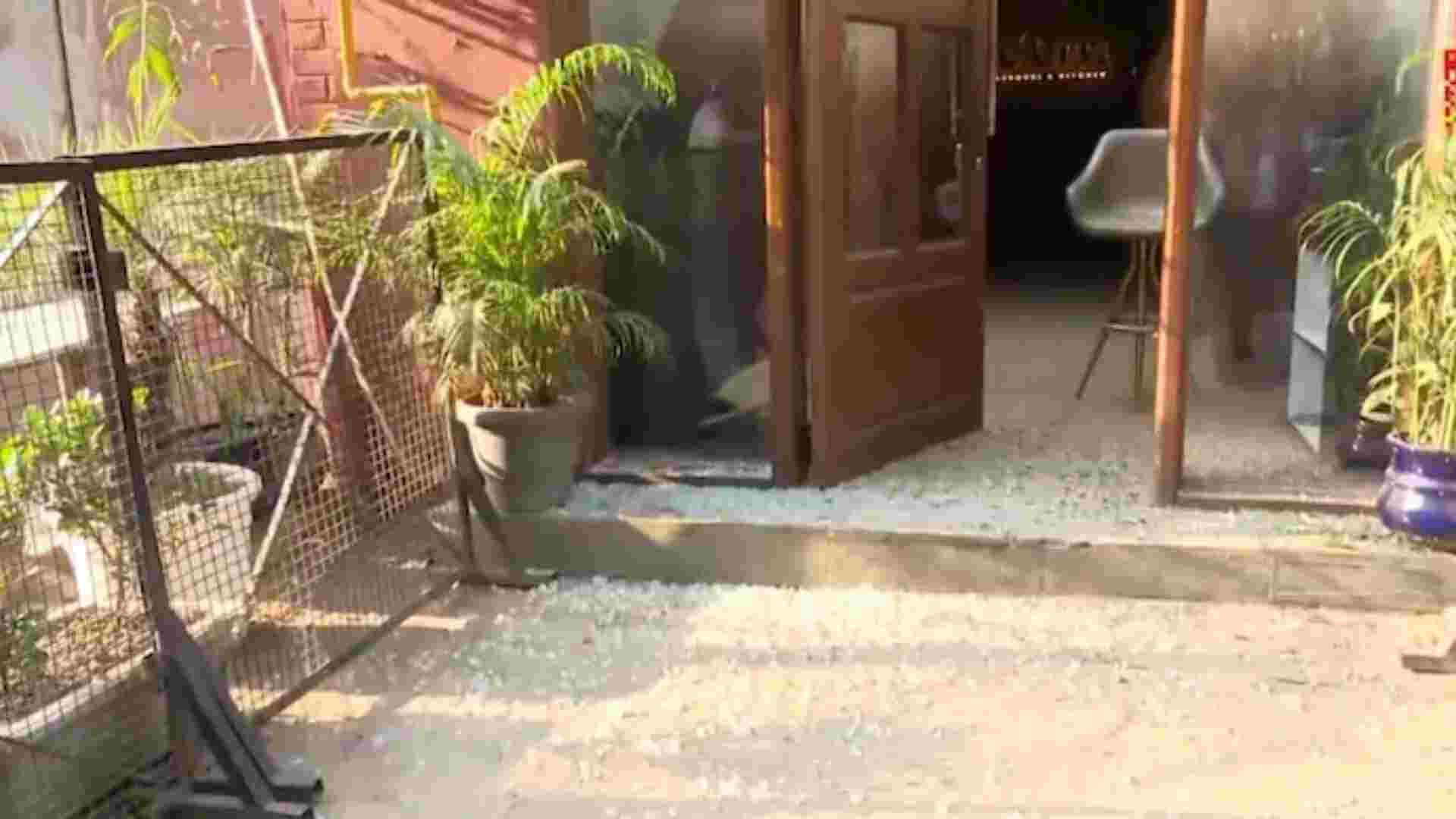
Dubai is known for its business and technology advancements. The city has embraced various advanced technologies, and 3D printing has become a game-changer in manufacturing and retail industries. As a technology that allows for the creation of customized products with unparalleled precision and efficiency, 3D printing in Dubai is revolutionizing the way businesses operate and compete.
How is 3D printing used in Dubai’s retail industry?
In Dubai’s retail industry, additive manufacturing is becoming a popular technology to create customized products and meet the demands of a new generation of consumers. With custom manufacturing, businesses can create unique and personalized products that were previously impossible to make with traditional manufacturing techniques.
This technology is being used in the retail industry to create personalized products that fit perfectly. For example, customers can have their exact body measurements taken and use those measurements to create a perfectly fitted garment. Previously, only affluent individuals had access to such personalized products, but 3D printing is now making it more economical and reachable for everyone.
Another way it’s being used in the retail industry is through the creation of unique and intricate designs. Designers now have the capability to create products with intricate and complex designs, shapes, and patterns that were once unattainable through traditional manufacturing techniques or handmade methods. This allows for more creative and innovative product designs.
It is also used to make prototypes and models rapidly and inexpensively. This allows businesses to test their product designs before investing in expensive manufacturing equipment and production runs. Using 3D printing for product design can lower the risk of costly errors and increase the likelihood of success in the market.
The benefits and challenges of this technology
3D printing technology has gained significant popularity in the retail industry of Dubai due to its ability to produce customized products on-demand. It provides several advantages such as quicker production, lower expenses, and greater design flexibility.
It has the advantage of creating intricate designs with fine details. It enables retailers to produce products that have distinctive characteristics that were not possible with conventional manufacturing techniques. In addition, it enables retailers to produce products as needed, which means they can swiftly adapt to the changing trends and demands of the market and consumers.
Using 3D printing technology is also cost-effective for retailers. By enabling businesses to produce products in smaller quantities at a more reasonable cost, the chances of generating excessive waste can be reduced. In addition, it removes the necessity for costly molds and tooling that are commonly used in traditional manufacturing approaches.
However, it also presents some challenges for retailers. The significant hurdle for companies looking to employ this technology is the expensive upfront investment needed to acquire the necessary equipment and software. Moreover, retailers may have to allocate resources towards training their staff to operate and maintain 3D printers effectively.
Another challenge is the limitation of materials that can be used. The limited compatibility of some traditional manufacturing materials with this technology can restrict the range of producible products, despite the availability of numerous materials.
Certain consumers may not have comprehensive knowledge of the diverse range of products that can be produced using 3D printing technology, and may not yet completely recognize its potential. Retailers will need to educate consumers on its benefits and potential to encourage them to embrace the technology and purchase customized products.
The future prospects for 3D printing in Dubai’s dynamic business landscape
The future prospects for this technology in Dubai’s dynamic business landscape are promising. 3D printing is set to play a crucial role in the manufacturing industry’s future as Dubai embraces innovative technologies.
Dubai’s dynamic business landscape shows great promise for the future of 3D printing technology, with its increasing adoption expected among businesses as it becomes more affordable and accessible. It is expected to drive competition and encourage innovation in the industry. Companies will likely aim to stand out by offering distinctive and creative products.
This technology can also contribute to the demand for sustainability and eco-friendliness by minimizing waste and energy usage. Dubai has set ambitious sustainability goals for the future, and it can help companies achieve these targets by providing an alternative to traditional manufacturing methods.
The industry also faces challenges, including the need for skilled professionals who can operate and maintain the necessary equipment. As technology advances, it’s important for businesses to receive ongoing training and education to fully utilize its benefits.
To sum up, 3D printing technology has transformed Dubai’s retail industry by providing the capability to manufacture custom-made products with unparalleled precision and speed. While there are benefits and challenges to this technology, its future prospects in Dubai’s dynamic business landscape are promising. By providing continuous education and training, and implementing measures to safeguard intellectual property rights, the potential for this technology to transform the retail industry in Dubai and beyond is significant.














